The best air-purifying plants for allergies include the spider plant, peace lily, and snake plant. These plants effectively remove allergens and improve air quality.
Indoor air quality significantly impacts health, especially for allergy sufferers. Certain houseplants can purify the air, removing common allergens like dust, mold, and pollutants. The spider plant, for example, is known for its efficiency in filtering out formaldehyde and xylene.
Peace lilies are excellent at breaking down and neutralizing toxic gases. The snake plant, also called mother-in-law’s tongue, converts CO2 into oxygen at night. Incorporating these plants into your home can create a cleaner, healthier living environment. They are low-maintenance, making them suitable for any household.
Introduction To Air Purifying Plants
Are you tired of sneezing and coughing because of allergies? Indoor plants can help. They clean the air and make it fresh. This blog will tell you about the best air purifying plants for allergies. Let’s make your home healthy and green!
Benefits Of Indoor Plants
Indoor plants do more than just look pretty. They offer many benefits for your health and well-being.
- Improved Air Quality: Plants remove toxins from the air.
- Better Breathing: Clean air helps you breathe easier.
- Reduced Stress: Greenery can make you feel calm and relaxed.
- Boosted Mood: Plants can make you feel happier.
How Plants Improve Air Quality
Plants are nature’s air purifiers. They clean the air by absorbing harmful chemicals.
| Plant Name | Harmful Chemical Absorbed |
|---|---|
| Spider Plant | Formaldehyde |
| Peace Lily | Ammonia |
| Snake Plant | Benzene |
These plants act like tiny air filters. They trap pollutants and release clean oxygen.
- Spider Plant: Great for beginners and very effective.
- Peace Lily: Removes several toxins and easy to care for.
- Snake Plant: Known for removing many harmful chemicals.
Place these plants around your home. Enjoy cleaner and fresher air every day.
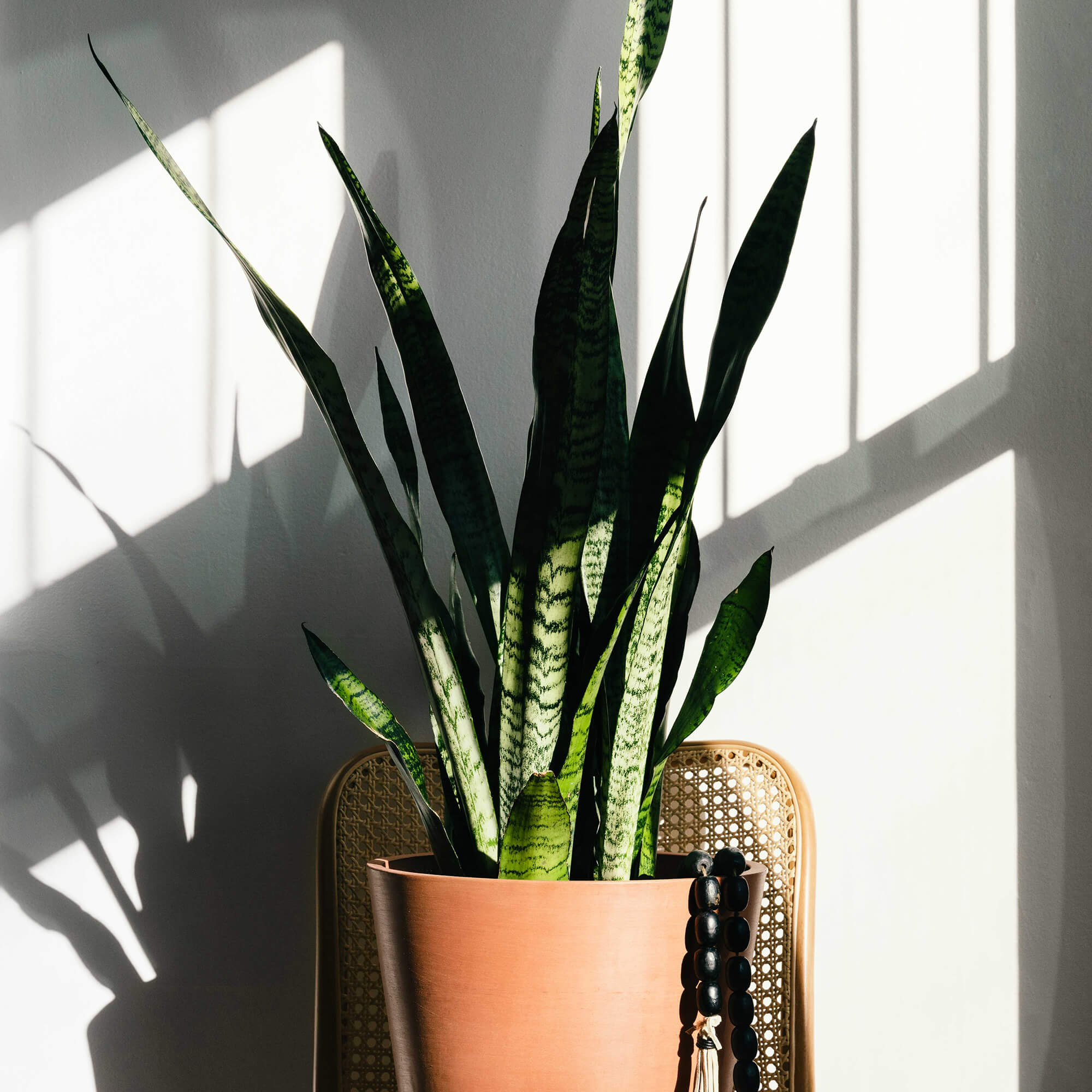
Credit: bloomscape.com
Top Air Purifying Plants
Air purifying plants can help improve indoor air quality. They can also reduce allergens. Here are some of the best air purifying plants for allergies. These plants are easy to care for and effective.
Spider Plants are great for removing allergens. They are very easy to grow. These plants can remove formaldehyde and xylene from the air. They are safe for pets and children.
- Remove allergens
- Easy to grow
- Safe for pets
Spider Plants have long, green leaves with white stripes. They also produce small white flowers. Water them lightly and keep them in indirect sunlight.
Peace Lilies are excellent for improving indoor air. They can remove mold spores and benzene. These plants are also beautiful and easy to care for.
| Allergens Removed | Characteristics |
|---|---|
| Mold spores, Benzene | Beautiful, Easy to care for |
Peace Lilies have dark green leaves and white flowers. Keep the soil moist and place them in a shaded area. They also help maintain humidity levels indoors.
Spider Plant
The Spider Plant, also known as Chlorophytum comosum, is a popular choice for air purification. This resilient plant not only adds a touch of green to your home but also helps to reduce allergens, making it ideal for allergy sufferers.
Care Tips
- Light: Place in bright, indirect sunlight.
- Watering: Water once a week. Ensure soil is dry before watering again.
- Temperature: Keep between 60-75°F (15-24°C).
- Humidity: Prefers moderate humidity. Mist leaves occasionally.
- Soil: Use well-draining potting mix.
- Fertilizing: Feed monthly with a balanced liquid fertilizer during growing season.
Allergy Benefits
The Spider Plant is known for its exceptional air-purifying abilities. It can remove common allergens like dust, mold, and formaldehyde from the air. This plant is particularly beneficial for individuals with allergies or asthma.
| Allergen | Removed By |
|---|---|
| Dust | Spider Plant |
| Mold | Spider Plant |
| Formaldehyde | Spider Plant |
For a healthy indoor environment, consider adding a Spider Plant to your home. This low-maintenance plant will contribute to cleaner air and fewer allergens.
Peace Lily
The Peace Lily is a popular indoor plant known for its striking white flowers and lush green leaves. It’s not only beautiful but also incredibly effective in purifying indoor air, making it a top choice for allergy sufferers.
Care Tips
- Light: Peace Lilies thrive in low to moderate light. Avoid direct sunlight.
- Watering: Keep the soil moist but not soggy. Water once a week.
- Humidity: They prefer high humidity. Mist the leaves regularly.
- Temperature: Ideal temperatures range between 65-80°F (18-27°C).
- Fertilizing: Use a balanced houseplant fertilizer once a month during spring and summer.
Allergy Benefits
The Peace Lily is excellent for people with allergies. It absorbs common airborne toxins like benzene, formaldehyde, and trichloroethylene.
| Allergen | How Peace Lily Helps |
|---|---|
| Dust | Traps dust particles on its broad leaves. |
| Mold Spores | Absorbs mold spores from the air, reducing mold-related allergies. |
| VOC | Removes volatile organic compounds (VOCs) from the air. |
By having a Peace Lily in your home, you can breathe easier and enjoy a cleaner, healthier environment.
Other Effective Plants
Are you searching for plants to improve your indoor air quality? There are many effective plants that help reduce allergens and purify the air. Let’s explore some of these wonderful green companions.
Aloe Vera
Aloe Vera is not just a soothing plant for burns. It is also an excellent air purifier. This plant can remove formaldehyde and benzene from the air. These chemicals are common in household products.
Aloe Vera is easy to care for. It needs minimal water and sunlight. Place it near a sunny window for the best results.
Bamboo Palm
The Bamboo Palm is another fantastic choice. This plant can remove multiple toxins from the air. It is especially good at removing formaldehyde, benzene, and trichloroethylene.
Bamboo Palm thrives in low light and requires regular watering. It also adds a tropical feel to your home. Here is a quick care guide:
- Water weekly
- Keep in indirect light
- Mist leaves occasionally
| Plant | Light Requirements | Watering Needs |
|---|---|---|
| Aloe Vera | Bright, indirect light | Low |
| Bamboo Palm | Low to moderate light | Moderate |
Incorporate these plants into your home to breathe easier and enjoy cleaner air.
Placement Tips
Proper placement of air purifying plants can enhance their effectiveness. Knowing where to place these plants can improve air quality and reduce allergens in your home. Let’s explore the best rooms and strategies for maximizing air purification.
Best Rooms For Plants
Choosing the right room is crucial for air purifying plants to work effectively. Here are some ideal rooms:
- Living Room: This is where families spend most of their time. Placing plants here can improve overall air quality.
- Bedroom: Clean air is essential for good sleep. Air purifying plants can help reduce allergens and provide a restful environment.
- Kitchen: Kitchens often have various odors and fumes. Plants can help neutralize these, making the kitchen a healthier space.
- Bathroom: Bathrooms can be humid, which is ideal for certain air purifying plants. They can also help reduce mold and mildew.
Maximizing Air Purification
To get the most out of your air purifying plants, consider these tips:
- Place plants at different heights: Use shelves or plant stands. This allows for better air circulation and maximizes purification.
- Use a variety of plants: Different plants remove different toxins. Having a mix ensures a broader range of air purification.
- Avoid overcrowding: Give each plant enough space. Overcrowding can hinder their ability to purify air effectively.
- Regular maintenance: Keep plants dust-free and healthy. Regularly water and prune them to ensure they function optimally.
- Consider light conditions: Ensure plants receive adequate light. Some air purifying plants thrive in low light, while others need bright, indirect sunlight.
Here’s a quick reference table for suitable plants based on room type and light conditions:
| Room | Best Plant | Light Condition |
|---|---|---|
| Living Room | Peace Lily | Low to Medium Light |
| Bedroom | Snake Plant | Low Light |
| Kitchen | Aloe Vera | Bright, Indirect Light |
| Bathroom | Boston Fern | Low to Medium Light |
Maintenance And Care
Proper maintenance and care are vital for air purifying plants. Consistent care helps plants thrive and continue to filter air efficiently. Below are key guidelines to ensure your plants remain healthy.
Watering Guidelines
Each plant has unique watering needs. Overwatering can harm plants. Underwatering can make them weak.
- Spider Plant: Water once a week. Let the soil dry out between waterings.
- Peace Lily: Keep soil moist. Water when the top inch feels dry.
- Aloe Vera: Water every three weeks. Ensure soil is completely dry before watering again.
Pest Control
Regularly check plants for pests. Healthy plants are less likely to get pests.
- Spider Mites: Wipe leaves with soapy water. Rinse thoroughly.
- Aphids: Spray plants with water. Use insecticidal soap if needed.
- Mealybugs: Dab affected areas with alcohol-soaked cotton swabs.
| Plant | Common Pests | Control Method |
|---|---|---|
| Spider Plant | Spider Mites | Soapy Water |
| Peace Lily | Aphids | Insecticidal Soap |
| Aloe Vera | Mealybugs | Alcohol Swabs |

Credit: www.pinterest.com
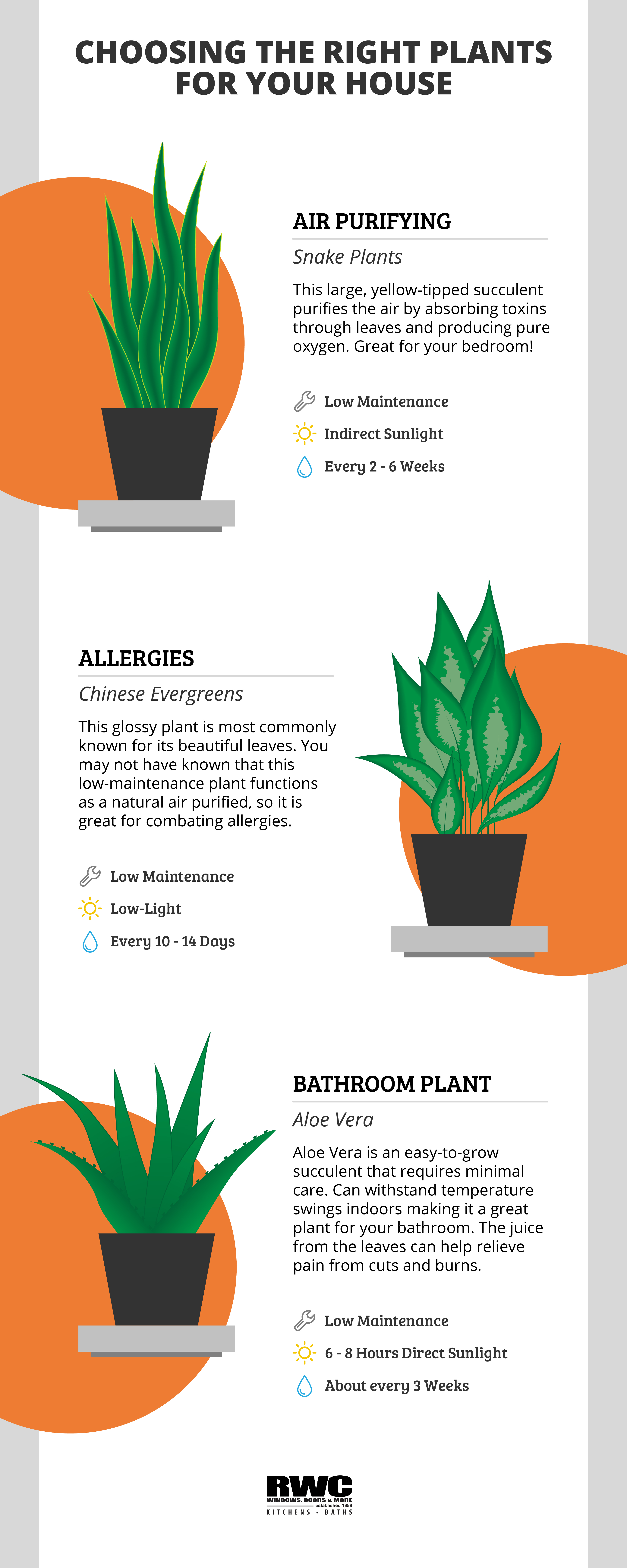
Credit: rwcnj.com
Frequently Asked Questions
Which Plant Purifies The Air The Most?
The Spider Plant is one of the top air-purifying plants. It effectively removes toxins like formaldehyde and benzene.
Are Air Purifying Plants Good For Allergies?
Yes, air purifying plants can help reduce allergens. They filter pollutants and improve indoor air quality. Choose plants like spider plants, peace lilies, and snake plants for best results.
What Is The Best House Plant For Allergies?
The best house plant for allergies is the Spider Plant. It purifies air and is non-toxic.
Is There A Plant That Helps With Allergies?
Yes, butterbur is a plant known to help with allergies. It may reduce symptoms like sneezing and itchy eyes.
Conclusion
Choosing the best air purifying plants can significantly improve indoor air quality. These plants help reduce allergens and create a healthier environment. By adding these green wonders to your home, you can breathe easier and enjoy a more comfortable living space.
Enhance your well-being with these natural air purifiers.

My mission is to help you bring the beauty of nature indoors with expert advice, detailed plant care guides, and creative design ideas.

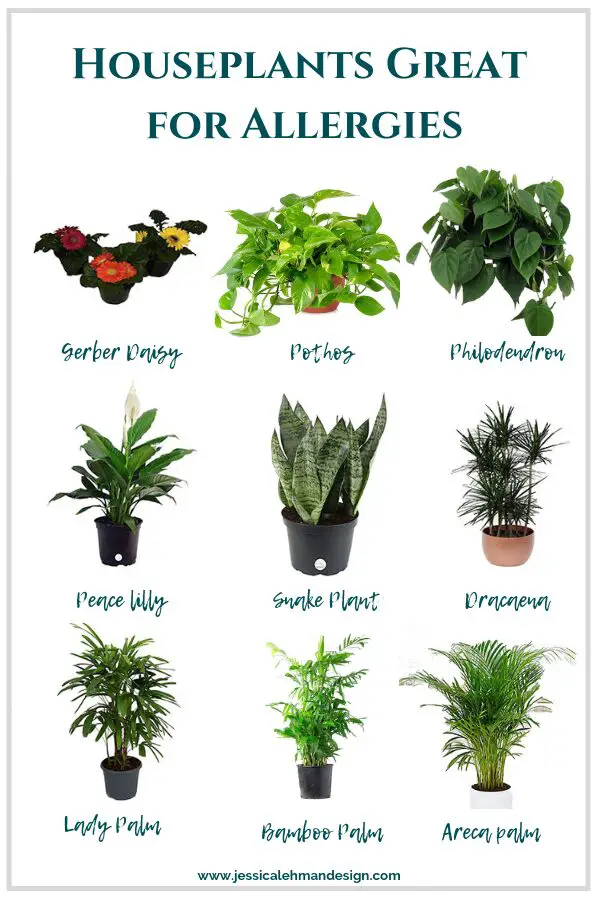
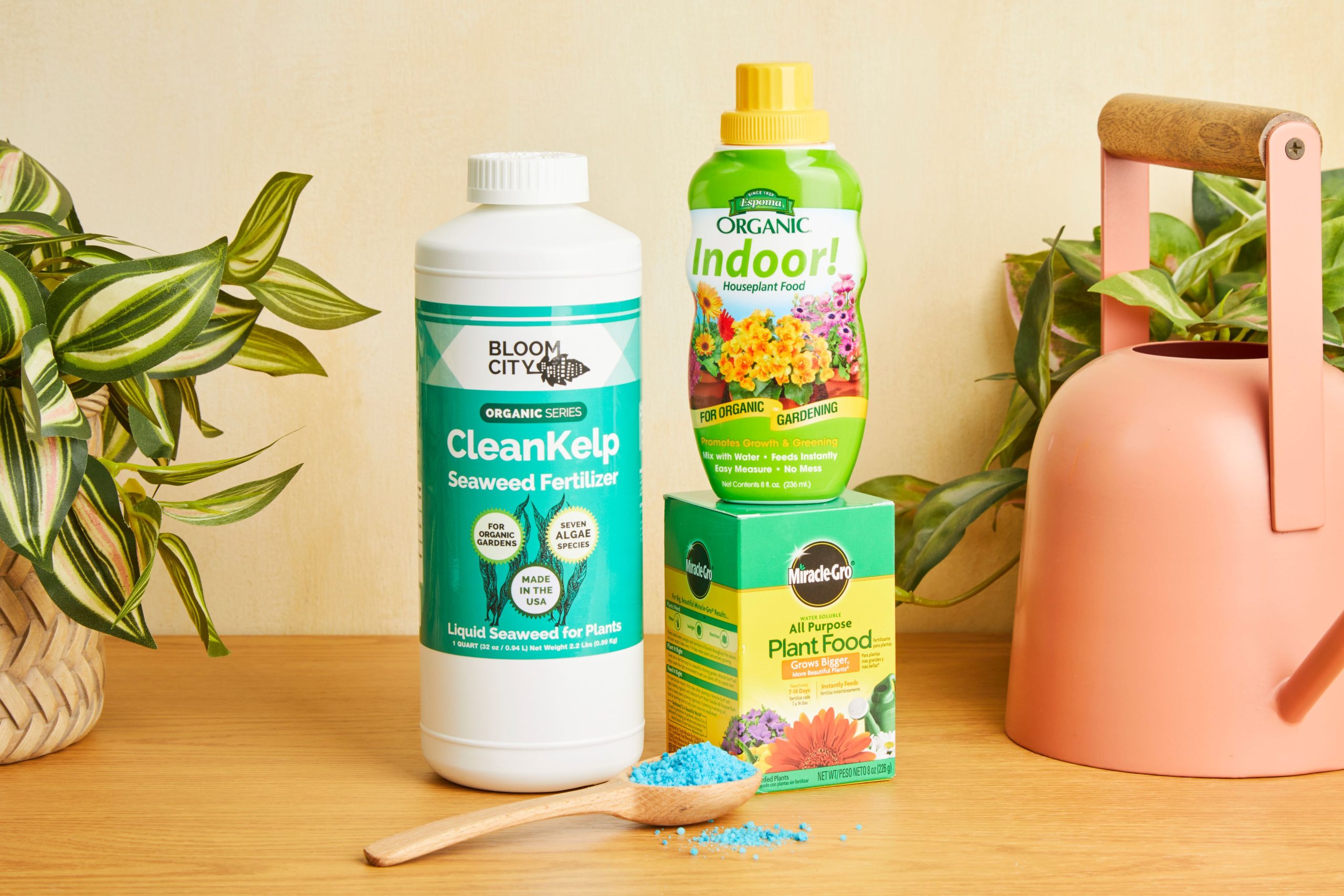

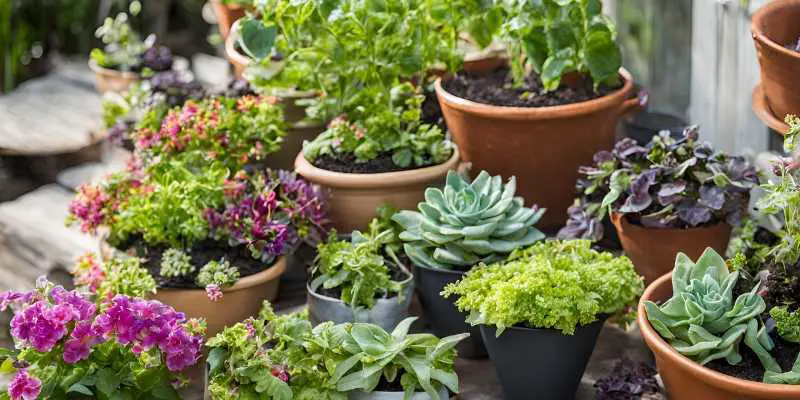
Leave a Reply